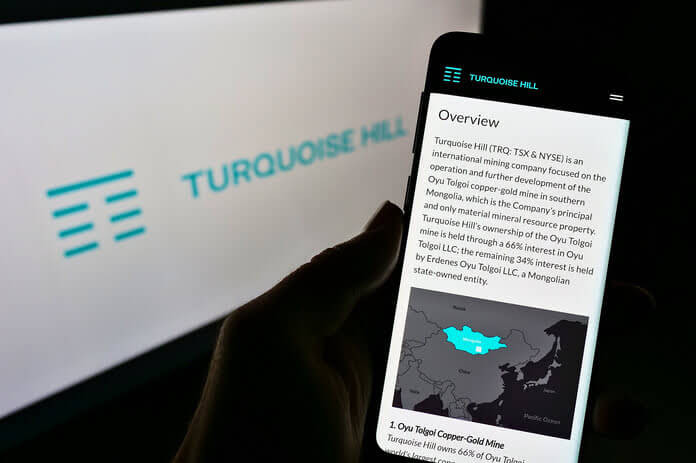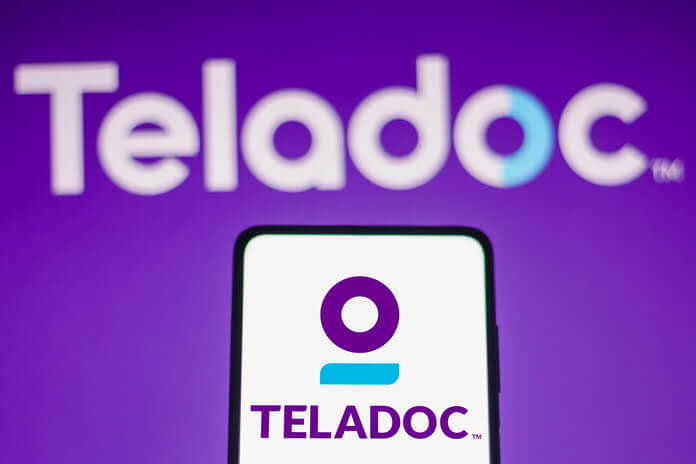Turquoise Hill Resources (NYSE:TRQ)
It’s been reported that a number of significant shareholders in Turquoise Hill Resources (NYSE:TRQ) are prepared to reject Rio Tinto’s (NYSE:RIO) increased offer for the miner. Approximately 15% of Turquoise Hill (NYSE:TRQ) shares are owned by shareholders, according to a Dealreporter article that referenced insiders. The improved offer, according to the sources, is not likely to be Rio Tinto’s (NYSE:RIO) final offer and is not anticipated to be accepted by TRQ’s board.
New offer on the table
After Rio Tinto (NYSE:RIO) made a revised takeover proposal on Wednesday that valued Turquoise Hill’s minority share capital at about $3.1 billion, shares of TRQ increased by 24%. The revised proposal provides that minority owners of Turquoise Hill (NYSE:TRQ) would get C$40 per share (US$31) in cash.
Rio Tinto (NYSE:RIO) owns 51% of TRQ, which has a 66% stake in the Mongolian Oyu Tolgoi copper-gold mine. Turquoise Hill (NYSE:TRQ) rejected Rio’s $2.7B acquisition offer last week on the grounds that it undervalued the business.
An analyst told Dealreporter that the RIO offer would have an impact on TRQ stock because if TRQ rejects the offer, it will have to issue equity. As it attempts to strengthen its control over a massive copper mine in Mongolia, Rio Tinto Group (NYSE:RIO) upped its offer to purchase Turquoise Hill Resources Ltd. to $3.1 billion.
Mining giants in race for strategic minerals
The largest mining companies globally are becoming more active in their quest for future-facing commodities, or the raw materials, like copper and nickel, that are vital for the transition towards green energy. The lack of new mines, however, may continue to limit long-term supply despite the anticipated high demand.
Once the underground portion is finished, Oyu Tolgoi is anticipated to rank as the fourth-largest copper mine in the world. Turquoise Hill (NYSE:TRQ) and its partners hope to eventually produce more than 500,000 metric tons of copper annually. The lack of new sources and rising demand for the wiring metal, which is essential for economies to electrify as they transition away from fossil fuels, have been challenges for suppliers of the industrial metal.
Featured Image: Megapixl @Timonschneider















